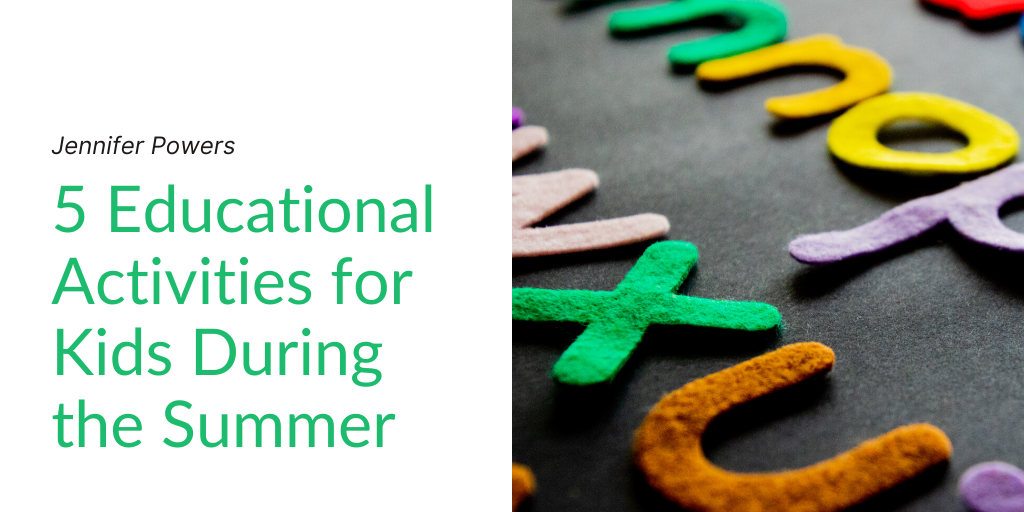With school out, kids need to keep their brains engaged to avoid the “summer slide.” Studies show that students forget nearly 3 months of math instruction over break, and learning loss can also impact reading comprehension, vocabulary acquisition, and problem-solving skills.
To combat the summer slide, parents can provide fun, educational activities that preserve and even enhance math and reading skills.
Educational Technology
There is no shortage of educational mobile apps for children of all ages. Khan Academy Kids, for example, offers a variety of games, videos, and books for children ages 2 through 7. Coupled with the daily circle time YouTube series, parents can establish a productive summer routine that makes learning fun.
Ice Cream Fraction Sundaes
Cool off in the summer heat and learn about fractions by assembling various flavors of ice cream and ingredients into separate bowls. Prompt children to make different sundaes that are 1/3 strawberry or 1/2 chocolate. Scholastic suggests keeping math on kids’ brains by engaging in conversations and asking questions like, “What could you buy at the ice cream truck if you had $5?”
Plan Virtual Trips
Bring up Google Maps and learn about various parts of the world by exploring different countries and locations. You can even arrange a fun scavenger hunt with various landmarks. This activity improves technological literacy and lets kids travel without leaving the comfort of their own homes!
Sticker Sorting
A fun incentive and easy summer activity, buy a couple dozen sticker sheets online featuring various animals, foods, and colorful designs. Let children sort them by size, color, and other defining characteristics. After they’re finished, kids will enjoy getting to decorate paper with their prizes.
Word Scramble
Use your child’s appropriate grade level vocabulary list to write words on large sheets of paper and cut them into individual letters. You may prompt early readers with the word written on a piece of paper, then ask them to find the right letters from the pile and assemble it.
For additional challenges and use, ask children to practice sorting letters of the alphabet, find vowels or locate letters based on their phonetic sound.
These activities can be adjusted to suit children’s education level and abilities; continue exploring fun activities that make summer fun and educational.
